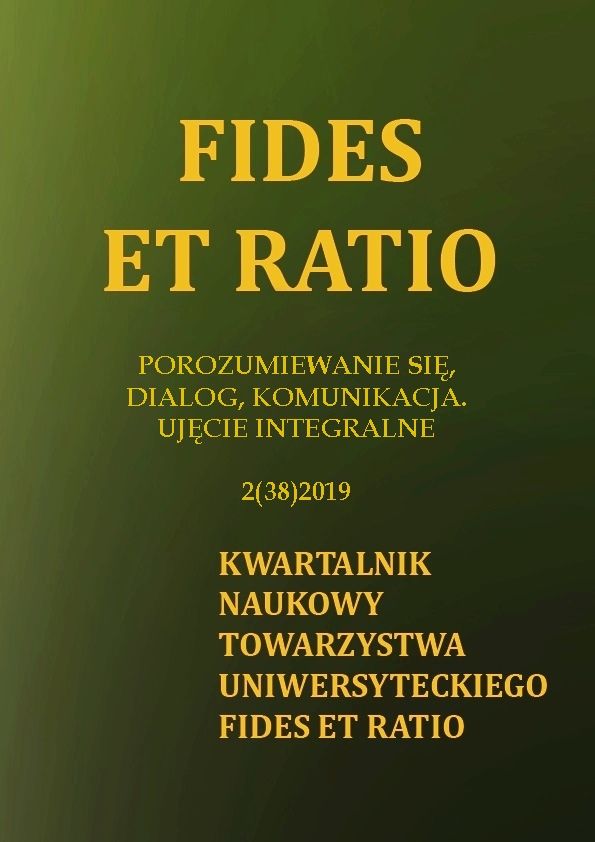Abstract
Traditionally, the parish church was a meeting point, a centre of religious and social life and a hub for cultural life of a local community. The significance and function of the parish church building may be considered in two fundamental aspects - as manifestations of material and non-material culture. The aim of this study was to diagnose the perception of parish churches as material and non-material elements of local culture, to present architectural features of church buildings, their perception as local space landmarks, and to describe the state of knowledge regarding completed renovation works and assessment of conservation procedures conducted in the buildings. For the purposes of this study, three parishes were selected in the Podkarpackie province: the Church of Our Lady of Perpetual Help in Przemyśl, the St Jan Kanty’s Parish Church in Żołynia and the Parish Church of Transfiguration of the Lord in Wola Zarczycka. In total, 232 respondents participated in the study. The performed research allowed to determine which components of material and non-material values of selected churches are regarded by the respondents.References
Cebula, S., Gosztyła, M. (2011). Kościół PW. Św. Jana Kantego w Żołyni. Żołynia-Rzeszów: Mitel.
Gilbert, D., Dwyer, C., Ahmed, N., Cuch Graces, L., & Hyacinth, N. (2019). The hidden geographies of religious creativity: place-making and material culture in West London faith communities. Cultural Geographies, 26(1), 23–41.
Gosztyła, M., Lichoła, L., Ożóg, S. (2014). Kościół i Parafia Najświętszej Marii Panny Nieustającej Pomocy. Przemyśl - Błonie. Rzeszów: Zimowit.
Klimenko, I., Berdnik, T. (2018). Meaning, Function and Design of Object in Culture. Postmodern Openings/Deschideri Postmoderne, 9(2), 110–119.
Rocznik Archidiecezji Przemyskiej. Album (1997). Przemyśl: Kuria Metropolitalna w Przemyślu, Techgraf.
Shields, J.J. (2000). Sacred Architecture as a Narrative for Defining Religion, Culture and Social and Educational Change: A Proposal for a Series of Workshops for Educators. Źródło: http://search.ebscohost.com/login.aspx?direct=true&db=eric&AN=ED453143&lang=pl&site=ehost-live
Stegers, R. (2008). Sacred Buildings: A Design Manual. Basel: Birkhäuser.
Szajda, M. (2018). Transposition of Sacral Space in Poland as a Result of Desacralization of Sacred Objects. Socio-Economic Problems & the State, 18(1), 214–226.
Uścinowicz, J. (2016). The Problem of Conversion in Sacred Architecture - some Axiological Aspects. International Multidisciplinary Scientific Conference on Social Sciences & Arts SGEM, 531–538.
